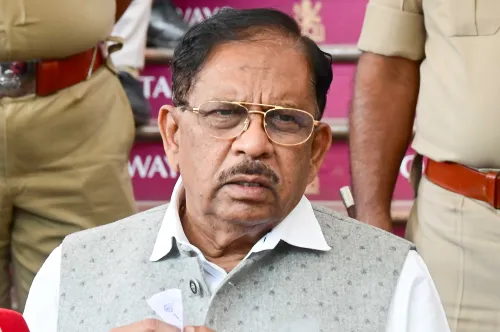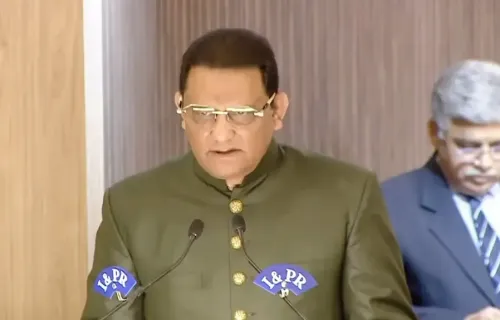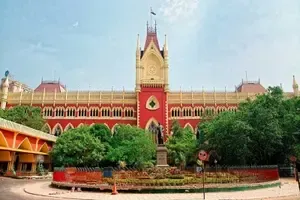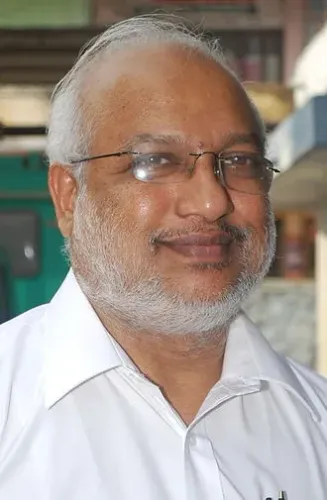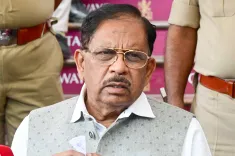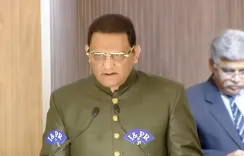‘No Judicial Overreach’ – Former Supreme Court Judge Asserts Parliament's Authority to Amend Laws
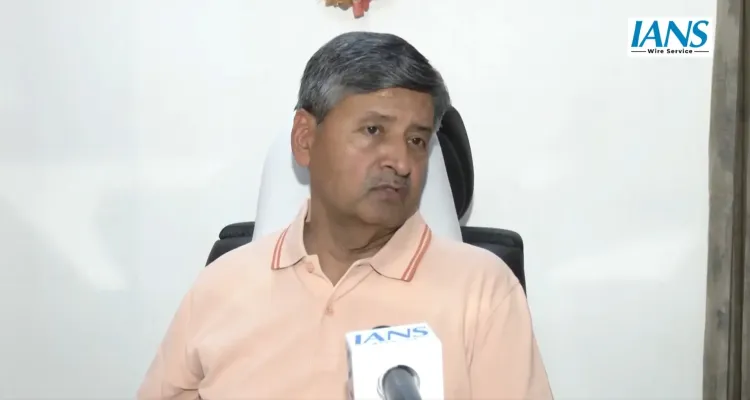
Synopsis
Key Takeaways
- Judicial Independence: Judges operate without pressure.
- Parliamentary Authority: Parliament can amend laws against court opinions.
- Judicial Review: Supreme Court's role in reviewing Presidential actions.
- Future Hearings: Upcoming hearings may clarify judicial precedents.
- Public Confidence: Importance of maintaining trust in judiciary.
New Delhi, April 19 (NationPress) In the ongoing discussion regarding the Supreme Court's recent comments that have placed Presidential actions under judicial scrutiny, and amid the backlash from Vice President Jagdeep Dhankhar, former Supreme Court judge Ajay Rastogi firmly rejected the notion of ‘judicial overreach’ and emphasized the Parliament’s ultimate authority to modify laws when there’s a conflict with the court's opinions.
In an interview with IANS, Justice Rastogi refuted the idea that the judiciary and executive are on a path to conflict, highlighting judges’ dedication to public service and their resilience against the perceived pressures stemming from scrutiny of their decisions.
“There is absolutely no pressure on judges. They operate independently and without fear, regardless of public perception. We as judges serve with complete dedication, prioritizing our institution and the public interest,” stated Justice Rastogi, amidst tensions between the Opposition and the ruling BJP regarding the propriety linked to the Supreme Court’s remarks and subsequent criticism.
Justice Rastogi also pointed out that the concern over the Supreme Court’s recent remarks establishing a ‘wrong precedent’ is unwarranted since the matter is still open for the next hearing on May 5, during which the top court can make a decisive ruling on the issue.
“I do not perceive this as a case of judicial overreach… or as establishing a wrong precedent. Every case has its unique complexities, and the court is always cognizant of which case warrants an interim order,” he clarified.
Earlier this month, the Supreme Court, utilizing its inherent powers under Article 142 of the Constitution, resolved a standoff between the Tamil Nadu government and Governor R.N. Ravi concerning the delay in approving bills.
The apex court also characterized the Governor's actions as a breach of the Constitution, specifically Article 200.
In doing so, the Supreme Court seemingly subjected Presidential actions to judicial examination by advocating a three-month timeframe for bill approvals.
The situation escalated when Rajya Sabha Chairman and Vice-President Jagdeep Dhankhar criticized the judiciary vehemently, equating Article 142 to a “nuclear missile” that the judiciary wields against democratic institutions.
Former Union Minister Kapil Sibal labeled Dhankhar’s remarks as an assault on the judiciary and a possible attempt to undermine public confidence in the courts.

